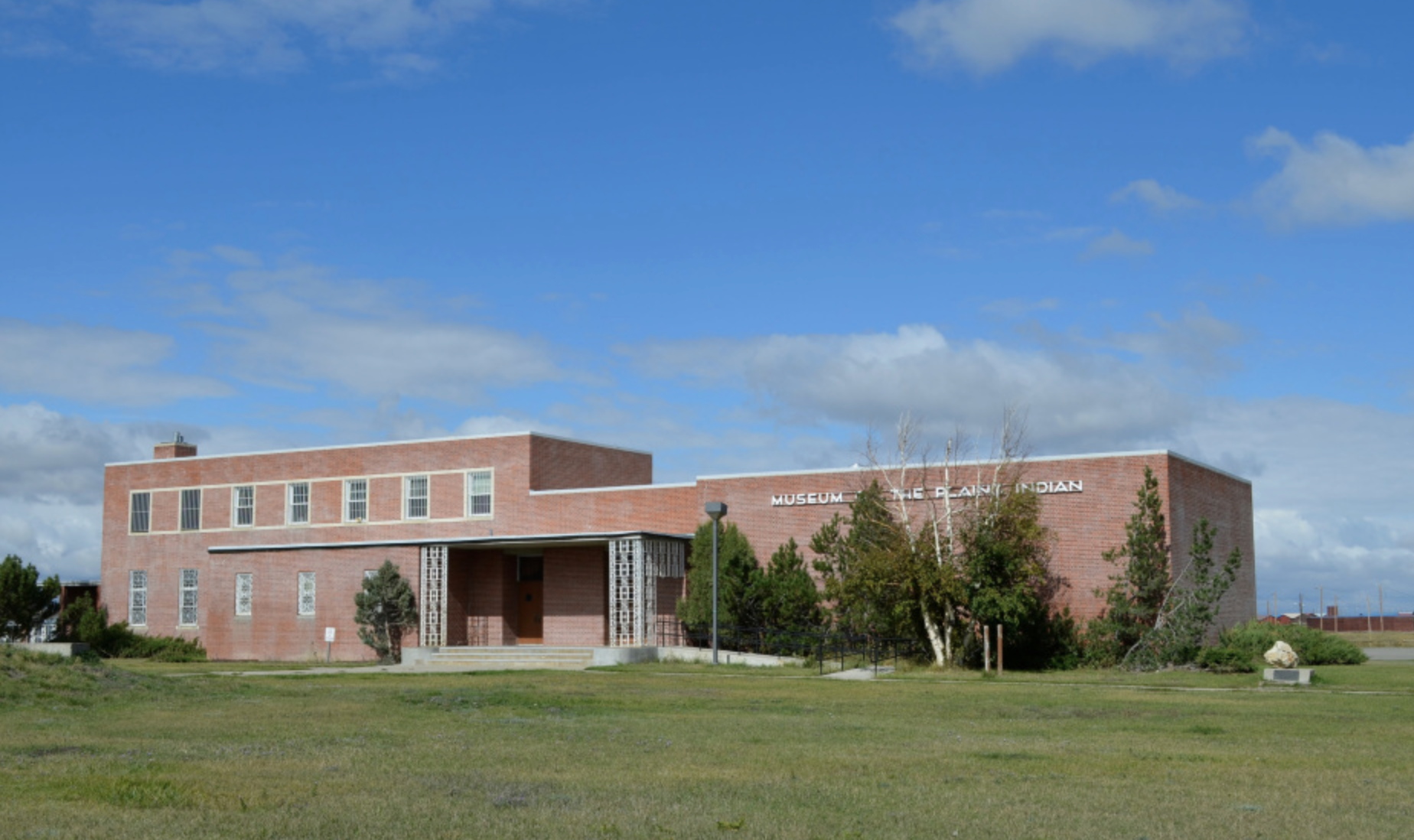
- Details
- By Native News Online Staff
BROWNING, Mont. — On Oct. 3, an employee for the Museum of the Plains Indian on the Blackfeet Indian Reservation in Browning, Mont. pleaded guilty to stealing Native American artifacts from the museum, according to the U.S. Attorney’s Office for the District of Montana.
The museum is managed by the U.S. Department of the Interior’s Indian Arts and Crafts Board. As a result, the crime is being investigated as “theft of government property” and the employee, 31-year-old Preston Jay Spotted Eagle, faces a maximum of ten years in prison and a $250,000 fine.
The theft was originally discovered in August 2021, when a museum curator noticed that a grizzly bear claw necklace was missing from the display that Spotted Eagle had recently been assigned to inventory. U.S. Fish and Wildlife Service was charged with investigating, and “a review of security system video ultimately led to Spotted Eagle,” according to the Department of Justice. The necklace, upon return, was significantly damaged, a museum employee noted in the report.
Further investigation and a renewed inventory from the museum identified additional missing items, including loose bear claws, moccasins, a war bonnet, and 26 golden eagle feathers.
“The investigation further determined that Spotted Eagle removed artifacts, photographed them with his cell phone and tried on [a] historic clothing item, some of which were very old and delicate,” the Department of Justice wrote. “Spotted Eagle also rummaged through many sacred bundles.”
The government’s appraisal of the damaged and lost items amounts to more than $11,000.
The U.S. Attorney’s Office is prosecuting the case, with sentencing set for Feb. 8, 2023. Spotted Eagle was released pending further proceedings.
More Stories Like This
A Native American Heritage Month Playlist You Can Listen to All Year Long11 Native Actors You Should Know
Five Native American Films You Should Watch This Thanksgiving Weekend
Heavy metal is healing teens on the Blackfeet Nation
Over 150 Tribal Museums Participate in Fourth Annual Celebration of Native Life
Help us tell the stories that could save Native languages and food traditions
At a critical moment for Indian Country, Native News Online is embarking on our most ambitious reporting project yet: "Cultivating Culture," a three-year investigation into two forces shaping Native community survival—food sovereignty and language revitalization.
The devastating impact of COVID-19 accelerated the loss of Native elders and with them, irreplaceable cultural knowledge. Yet across tribal communities, innovative leaders are fighting back, reclaiming traditional food systems and breathing new life into Native languages. These aren't just cultural preservation efforts—they're powerful pathways to community health, healing, and resilience.
Our dedicated reporting team will spend three years documenting these stories through on-the-ground reporting in 18 tribal communities, producing over 200 in-depth stories, 18 podcast episodes, and multimedia content that amplifies Indigenous voices. We'll show policymakers, funders, and allies how cultural restoration directly impacts physical and mental wellness while celebrating successful models of sovereignty and self-determination.
This isn't corporate media parachuting into Indian Country for a quick story. This is sustained, relationship-based journalism by Native reporters who understand these communities. It's "Warrior Journalism"—fearless reporting that serves the 5.5 million readers who depend on us for news that mainstream media often ignores.
We need your help right now. While we've secured partial funding, we're still $450,000 short of our three-year budget. Our immediate goal is $25,000 this month to keep this critical work moving forward—funding reporter salaries, travel to remote communities, photography, and the deep reporting these stories deserve.
Every dollar directly supports Indigenous journalists telling Indigenous stories. Whether it's $5 or $50, your contribution ensures these vital narratives of resilience, innovation, and hope don't disappear into silence.
 The stakes couldn't be higher. Native languages are being lost at an alarming rate. Food insecurity plagues many tribal communities. But solutions are emerging, and these stories need to be told.
The stakes couldn't be higher. Native languages are being lost at an alarming rate. Food insecurity plagues many tribal communities. But solutions are emerging, and these stories need to be told.
Support independent Native journalism. Fund the stories that matter.
Levi Rickert (Potawatomi), Editor & Publisher

